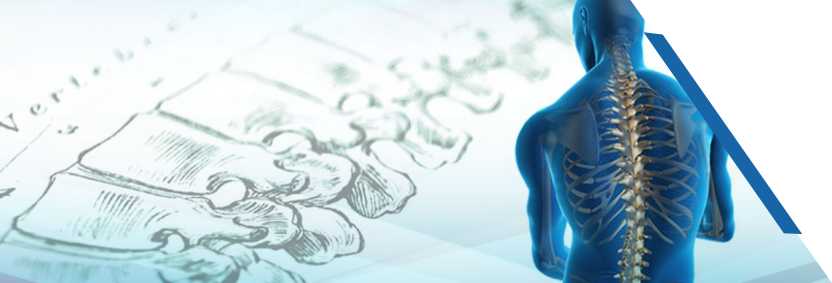Orthopedics

What Is an Orthopedic Doctor and How Can They Help You?
Orthopedics is the medical field that focuses on diseases and conditions that affect your musculoskeletal system. This includes your:
- bones
- muscles
- ligaments and tendons
- joints
- nerves
People often visit an orthopedic doctor when they’re injured or when they have a chronic condition, such as arthritis or lower back pain.
In this article, we’ll take a deeper dive into what orthopedic doctors do, the conditions they treat, and how to find the right orthopedic doctor for you.
What do orthopedic doctors do?
Orthopedic doctors, often referred to as orthopedic surgeons, focus on helping you with musculoskeletal issues. Their duties include:
- diagnosing and treating conditions that affect your musculoskeletal system.
- assisting with rehabilitation, which helps you regain movement, strength, range of motion, and flexibility following an injury or surgery.
- forming strategies to prevent injury or to keep chronic conditions, such as arthritis, from worsening
While orthopedic doctors know about all parts of the musculoskeletal system, some choose to specialize further. Some subspecialty areas of orthopedics include:
- spine
- hip and knee
- hand
- shoulder and elbow
- foot and ankle
- sports medicine
- trauma surgery
What types of conditions do orthopedic doctors treat?
Orthopedic doctors treat a wide variety of conditions, including but not limited to the following:
- bone fractures
- muscle strains
- joint or back pain
- arthritis
- carpal tunnel syndrome
- injuries to tendons or ligaments, such as sprains, tendonitis, and ACL tears
- limb abnormalities, such as clubfoot and bowlegs
- bone cancer
